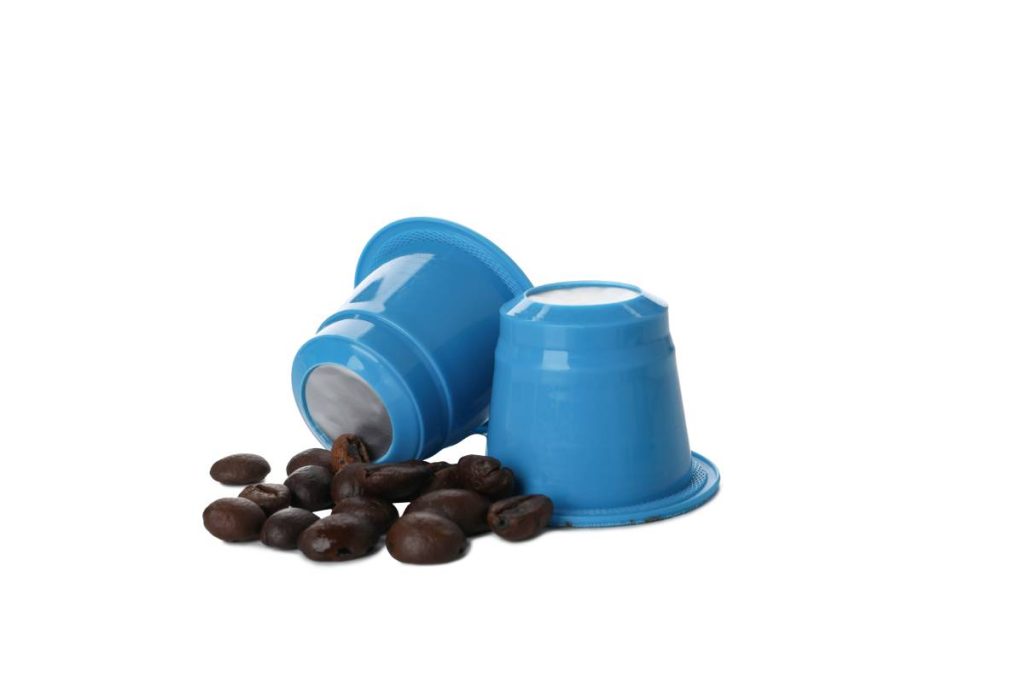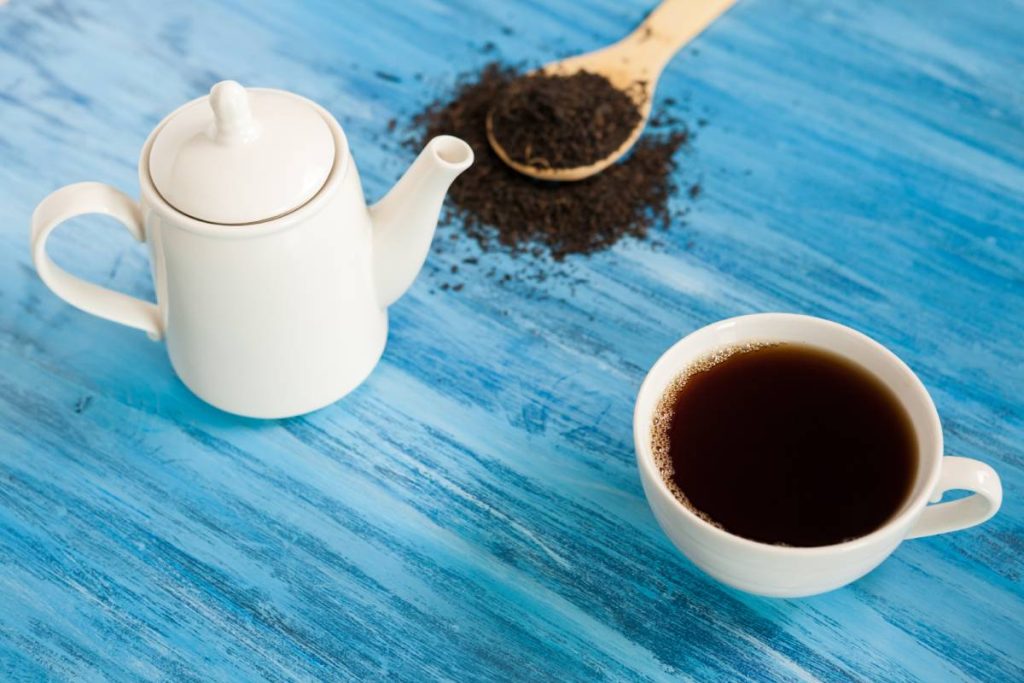For many coffee lovers, the idea of drinking decaffeinated coffee seems counterintuitive. After all, coffee is often associated with providing a much-needed caffeine boost to start the day or power through an afternoon slump.
So why would anyone choose decaf? The truth is that decaffeinated coffee offers numerous benefits, making it a great choice for a wide variety of people. From reducing health risks to improving sleep quality, decaf coffee is more than just a second-rate alternative to regular coffee.
What is Decaffeinated Coffee?
Decaffeinated coffee, commonly known as decaf, is coffee that has had most of its caffeine content removed. The decaffeination process typically removes about 97% or more of the caffeine while preserving the flavour and aroma of the coffee beans.
There are several methods used to extract caffeine, including the Swiss Water Process, carbon dioxide method, and solvent-based methods. The end result is a beverage that delivers the rich taste of coffee with only a fraction of the caffeine content.

Why Do People Choose Decaf?
While some coffee drinkers may view decaf as unnecessary, there are several compelling reasons why people opt for decaffeinated coffee over its fully caffeinated counterpart.
1. Reduced Caffeine Sensitivity
Not everyone responds to caffeine the same way. Some people experience jitteriness, nervousness, or an increased heart rate after consuming even small amounts of caffeine. For those with caffeine sensitivity, decaf provides a way to enjoy the taste of coffee without the unpleasant side effects of overstimulation.
2. Better Sleep Quality
Caffeine is a stimulant that can interfere with sleep, making it harder to fall asleep or stay asleep. For individuals who enjoy drinking coffee later in the day but don’t want to disrupt their sleep patterns, decaf is an excellent alternative. It allows them to enjoy the comforting experience of coffee without the risk of insomnia or restlessness at night.
3. Lower Risk of Acid Reflux and Heartburn
Regular coffee is acidic and can trigger acid reflux or heartburn in some individuals. Caffeine itself relaxes the lower oesophagal sphincter, which can allow stomach acid to flow back into the oesophagus, causing discomfort. Decaf coffee is generally less acidic than regular coffee, making it a gentler option for people with acid reflux or sensitive stomachs.
4. Reduced Anxiety and Stress Levels
Caffeine is known to stimulate the central nervous system, which can increase anxiety and stress levels in certain individuals. People who suffer from anxiety disorders may find that caffeinated coffee exacerbates their symptoms. Switching to decaf allows them to enjoy coffee without worsening their anxiety or triggering panic attacks.
5. Suitable for People with Heart Conditions
For individuals with high blood pressure or heart conditions, excessive caffeine intake can be problematic. Caffeine can temporarily increase blood pressure and heart rate, posing risks to those with cardiovascular issues. Decaf provides a safer alternative, allowing people with heart conditions to enjoy coffee without negative cardiovascular effects.
Health Benefits of Decaf Coffee
Beyond avoiding caffeine-related issues, decaf coffee offers a variety of health benefits.
1. Packed with Antioxidants
Just like regular coffee, decaf contains a significant amount of antioxidants, which help fight free radicals in the body. Free radicals are unstable molecules that can damage cells and contribute to ageing and chronic diseases. The antioxidants found in decaf, including hydrocinnamic acids and polyphenols, support overall health by reducing inflammation and oxidative stress.
2. May Reduce the Risk of Type 2 Diabetes
Studies suggest that coffee consumption is linked to a lower risk of developing type 2 diabetes, and this benefit extends to decaf coffee as well. The presence of bioactive compounds in coffee helps improve insulin sensitivity and regulate blood sugar levels, making decaf a beneficial choice for those looking to reduce their diabetes risk without the stimulating effects of caffeine.
3. Supports Brain Health
Decaf coffee may help protect against neurodegenerative diseases such as Alzheimer’s and Parkinson’s. While caffeine itself has been shown to have neuroprotective properties, decaf still contains essential bioactive compounds that support brain function. The polyphenols and other antioxidants found in decaf coffee contribute to brain health and may help prevent cognitive decline with age.
4. May Reduce the Risk of Certain Cancers
Some studies suggest that coffee drinkers have a lower risk of developing certain types of cancer, including liver and colorectal cancer. Decaf coffee still contains many of the same protective compounds, such as chlorogenic acids, that contribute to these potential cancer-fighting benefits. While more research is needed, the evidence so far suggests that decaf coffee can still provide protective health benefits.
5. Supports Liver Health
Both regular and decaf coffee have been shown to support liver health. Research indicates that coffee drinkers have a lower risk of developing liver diseases such as cirrhosis and non-alcoholic fatty liver disease (NAFLD). Decaf coffee, in particular, has been linked to lower levels of liver enzymes, which are markers of liver damage.

Who Should Consider Drinking Decaf?
Decaf coffee is not just for those who dislike caffeine. Many people can benefit from choosing decaf, including:
- Pregnant Women: Doctors often advise limiting caffeine intake during pregnancy to avoid potential risks to the developing fetus. Decaf allows pregnant women to enjoy coffee without exceeding recommended caffeine limits.
- Individuals with Anxiety Disorders: Those who experience heightened anxiety or panic attacks may find that decaf coffee provides a way to enjoy their favourite beverage without worsening symptoms.
- People with Insomnia: If caffeine interferes with your sleep, switching to decaf can help maintain a better sleep cycle.
- Those with Acid Reflux or Digestive Issues: Since decaf is less acidic, it is a better option for individuals with acid reflux, GERD, or sensitive stomachs.
- Individuals with Heart Conditions or High Blood Pressure: Caffeine can temporarily increase blood pressure, so decaf is a heart-friendlier alternative.
Does Decaf Taste the Same as Regular Coffee?
One of the biggest concerns for coffee enthusiasts is whether decaf coffee tastes as good as regular coffee. The answer largely depends on the decaffeination process and the quality of the beans. In the past, decaf coffee was often criticized for having a flat or bland taste, but modern decaffeination techniques have significantly improved the flavour profile. Many high-quality speciality coffee roasters now offer decaf options that are nearly indistinguishable from their caffeinated counterparts.
Conclusion: Decaf is More Than Just a Compromise
For those who love the taste of coffee but want to reduce their caffeine intake, decaf coffee is an excellent option. Whether it’s to improve sleep, reduce anxiety, or support overall health, decaf provides a way to enjoy coffee without the stimulating effects of caffeine.
With advancements in decaffeination methods, the taste and quality of decaf coffee have improved significantly, making it an enjoyable choice for coffee lovers of all kinds. So next time you see someone drinking decaf, don’t ask, “Why would anyone drink that?” Instead, consider why you might want to try it yourself!







